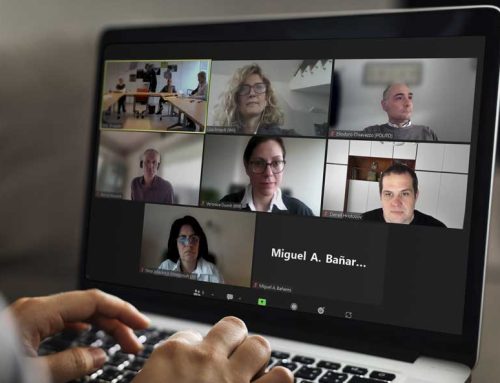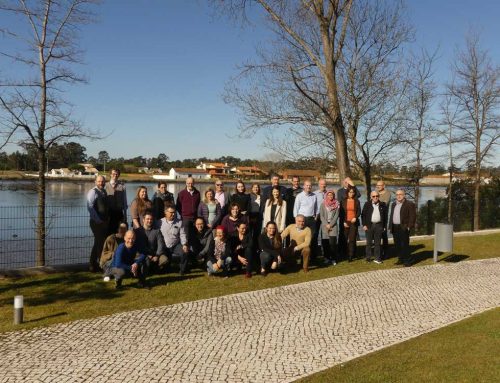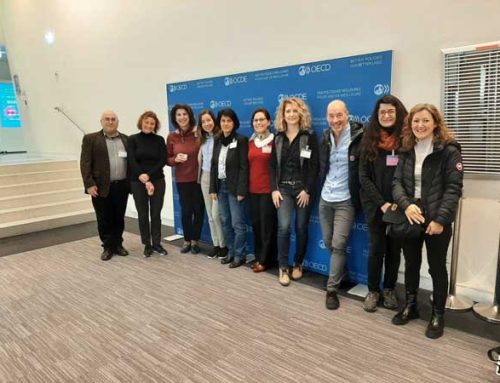The event on Fostering EU-US Cooperation in Nanosafety took place in the context of the BILAT USA 4.0 project which was funded by the European Union, and initiated on 1 February 2016. This initiative aims at enhancing and developing science, technology, and innovation (STI) partnerships between the U.S. and Europe. A particular focus of the project activities is on intensification of interactions between EU and US researchers and innovators, the support for the improvement of research and innovation framework conditions, the provision of analyses delivering a sound base for political decision making and an enhanced coordination and synergies between different European and US policies and programs. The workshop on Nanotechnology/Nanosafety is one of six workshops designed to boost STI collaboration activities in several established priority areas (health, marine and arctic, NMP, transport) for EU-US research and innovation cooperation. Nanotechnology offers great potential of innovation in several sectors and global research investments in this area are growing exponentially. This potential can be implemented only if concerns about risks are adequately addressed. For this reason, a number of nanosafety research programs have been established in both the USA and EU that devote considerable resources to hazard and exposure assessment and safe-by-design work. Cooperation between these efforts has existed for years, in the shape of seven Communities of Research having annual face-to-face meetings, and this ought to continue and extend.
Starting with presentations of the ongoing policies, initiatives and projects on nanosafety in Europe and the US, and basing the discussion on the state of implementation of the roadmap “Nanosafety in Europe 2015-2025: Towards Safe and Sustainable Nanomaterials and Nanotechnology Innovations”, and current nanosafety activities coordinated by participating in US National Nanotechnology Initiative (NNI) federal agencies, this workshop aimed to answer two main questions:
1. What should be the future research priorities in nanosafety and other advanced materials?
2. What are the opportunities for EU-US cooperation priorities in nanosafety?
The answer to these questions lead the more than 30 participants from academia, industry and policy to the drafting of recommendations to be shared with both the European Commission and the relevant US funding agencies in view of the upcoming Horizon Europe.
NanoInformaTIX Project Coordinator, Prof. Miguel Bañares, wrote the Emerging Materials section.






Leave A Comment